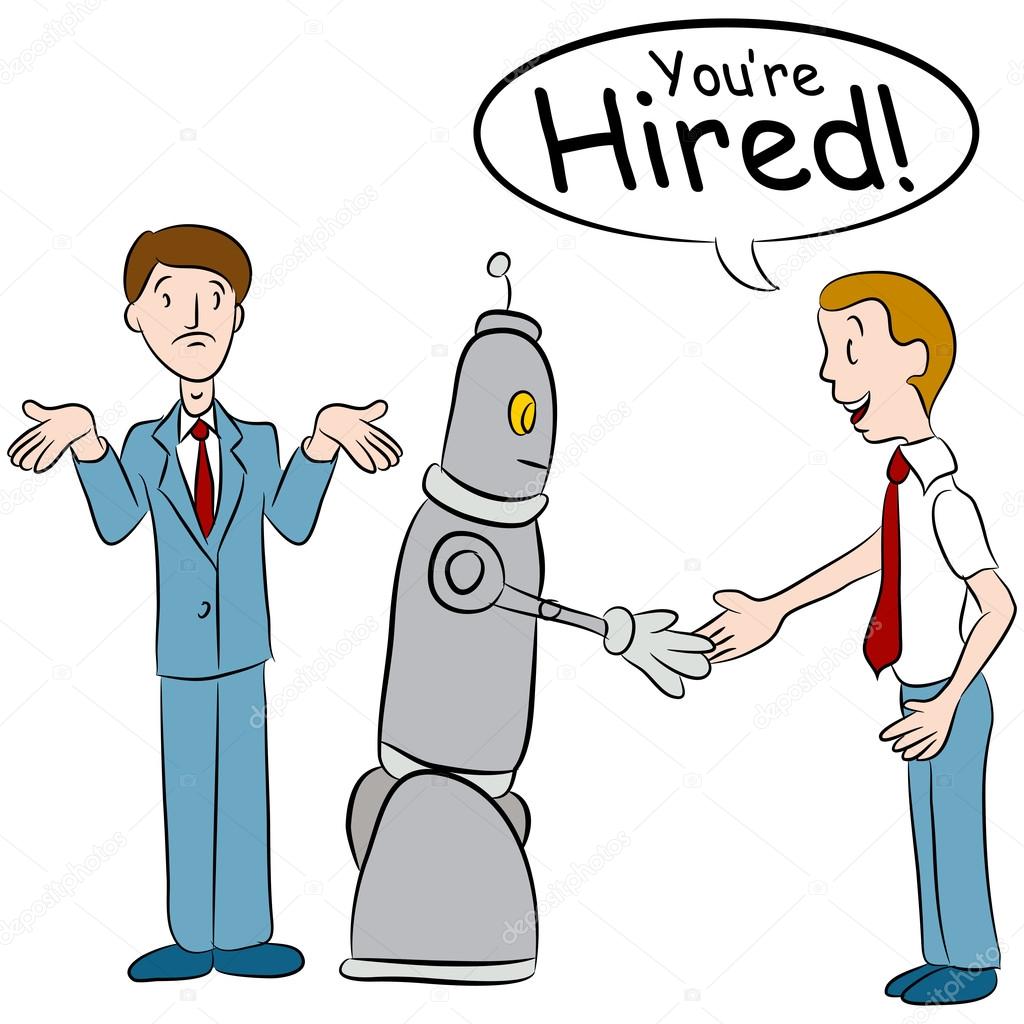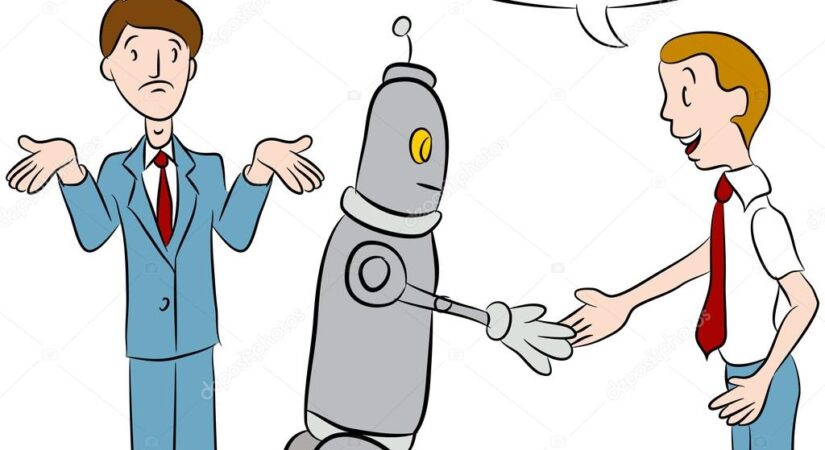
In the fight of bettering human life, technologists are inventing powerful super computers; computers that can think and perform like humans. In many manufacturing industries like automobiles, robots have already replaced humans. So as the image conveys will robots having Artificial Intelligence (AI) be preferred over humans on a mass scale? Only time will tell. Artificial intelligence uses a machine to perform steps that mimic the work of a human mind but at lightning speed, and promises to transform everything from drug discovery to autonomous cars.
Recently US district court in case of Thaler v. Hirshfeld, 20-903 was faced with an interesting issue relating to patents. The Artificial Inventor Project, run by University of Surrey Law Professor Ryan Abbott, has launched a global effort to get a computer listed as an inventor. Abbott’s team enlisted Imagination Engines Inc. founder Stephen Thaler to build a machine whose main purpose was to invent. Thaler created a “creativity machine” called DABUS that “invented” a beverage container and a “device for attracting enhanced attention.” Abbott and his team filed applications in 17 jurisdictions around the world listing DABUS as the inventor. Rulings in South Africa and Australia have favoured his argument, though the Australian patent office is appealing the decision in that country.
Federal law requires that an “individual” take an oath that he or she is the inventor on a patent application, and both the dictionary and legal definition of an individual is a natural person. The U.S. Patent and Trademark Office rejected the applications for failure to list a person as inventor. So Thaler appealed to the district court. The U.S. District Judge confirmed the ruling by the patent registering office. Abott is planning to appeal against the said ruling.
NPowersU Expert Opinion
With pace of developments taking place in the arena of robotics and AI, it is a matter of time that Courts around the world will face more such cases in the near future. With intangibles like Intellectual Property Rights, Trade Marks etc. commanding high valuations, what happens if inventors of ‘DABUS’ want to sell the said machine? It is a no-brainer that DABUS with patents registered under its belt will command a much better price than DABUS minus it. Add to this that DABUS will have perpetual existence in times to come in comparison of humans.
In short, laws should keep pace with these technological advancements. This may lead to a funny caption, ‘Robots in, Humans out.’
Related Links:
https://finance.yahoo.com/news/only-humans-not-ai-machines-141625633.html

